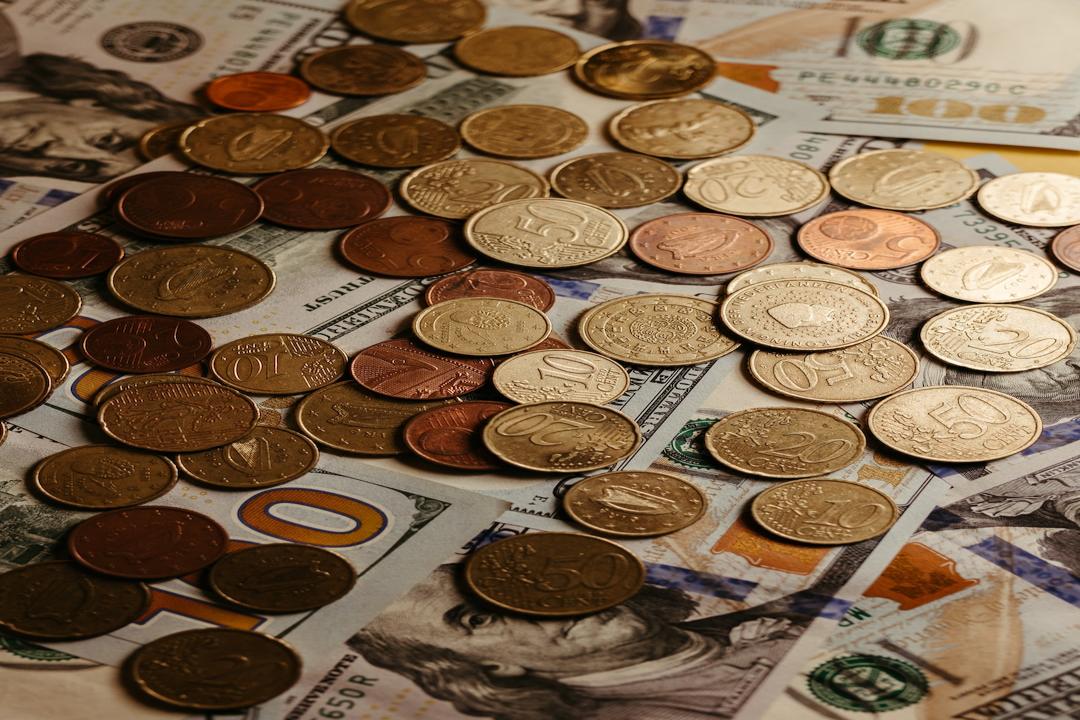Chad Steingraber announced that the Hashdex Nasdaq Crypto Index ETF would procure 215,854 XRP tokens for every 1,000 new shares issued, initiating discussions in the cryptocurrency community.
Steingraber’s remarks inadvertently conflated the current Hashdex Nasdaq Crypto Index ETF with the upcoming Hashdex Nasdaq Crypto Index US ETF.
Renowned crypto advocate Chad Steingraber recently sparked dialogue by revealing plans for the Hashdex Nasdaq Crypto Index ETF to acquire 215,854 XRP tokens with each issuance of 1,000 new shares. His statement, disclosed via X, explored the latest developments in crypto ETFs, particularly focusing on the ETF’s approach to XRP holdings. According to Hashdex’s official site, the ETF (HDEX.BH), tracking the Nasdaq Crypto Index (NCI), maintains a diversified portfolio of cryptocurrencies with varying allocations.
Bitcoin leads with 64.33%, followed by Ethereum at 26.08%, Solana at 5.26%, and XRP at 1.48%. This move coincides with the SEC’s initial steps toward a combined Bitcoin and Ethereum ETF from Hashdex, according to the CNF report.
Presently, the ETF comprises 79,579 outstanding shares, each valued at a net asset value (NAV) of $7,008. At approximately $0.4714 per XRP token, each share effectively holds around 215.85 XRP, totaling approximately $101.7 in value, representing 1.48% of the ETF’s overall holdings.
Steingraber asserted that under the ETF’s structure, the creation of 1,000 new shares would necessitate the acquisition of 215,854 XRP tokens, regardless of the token’s market value at that time. He highlighted the ETF’s purported cash-creation mechanism, which mandates the purchase of underlying assets from the market upon new share issuance.
“Since these funds will be ‘Cash Creates’ – that means when NEW shares are created, the fund uses the cash to buy the underlying assets from the market. As an example, if 1,000 new shares are made – the fund would then be buying 215,854 XRP NO MATTER THE CURRENT PRICE https://t.co/wcIVNt19xt” – Chad Steingraber (@ChadSteingraber) July 1, 2024
However, upon closer examination, it becomes evident that Steingraber overlooked a crucial detail. The Hashdex Crypto Index ETF operates under an in-kind redemption model, not a cash-creation one. This distinction affects how the ETF manages its asset allocations and market operations.
This means that instead of purchasing additional XRP from the market to create new shares, the fund exchanges existing assets to generate these shares. This model helps maintain the fund’s balance without exerting additional pressure on the market by purchasing more XRP.
It’s noteworthy that Steingraber’s comments mistakenly conflated the current Hashdex Nasdaq Crypto Index ETF with the upcoming Hashdex Nasdaq Crypto Index US ETF. The new US-based product, recently acknowledged by the SEC in its 19b-4 filing, follows a different structure and regulatory framework from the existing ETF.
For context, Hashdex launched the current Hashdex Nasdaq Crypto Index ETF in February 2021, trading on the Bermuda Stock Exchange. This product has been active since its launch, yielding a return rate of 66.97%. Over the past year, it has gained 93.60%.
The forthcoming Hashdex Nasdaq Crypto Index US ETF is expected to primarily serve US citizens. While this fund uses a cash-creating redemption model, it will not hold XRP or any other assets besides Bitcoin and Ethereum.
During the ongoing SEC vs. Ripple dispute, XRP’s price has remained stagnant below $0.50, as per the CNF update. Currently, XRP is trading 0.8% higher at $0.4818 and boasts a market cap of $26.8 billion.
Earlier this week, on July 1, Ripple unlocked 1 billion XRP from escrow, leaving 1.3 billion XRP in its spendable wallets. This move has sparked speculation about a potential resolution to its ongoing SEC dispute, as reported by Crypto News Flash.
For more information:
Buy Ripple (XRP) Guide
Ripple XRP Wallet Tutorial
Check 24-hour XRP Price
More Ripple (XRP) News
What is Ripple (XRP)?
Subscribe to our daily newsletter!
>> Subscribe <<
No spam, only insights. You can unsubscribe anytime.


